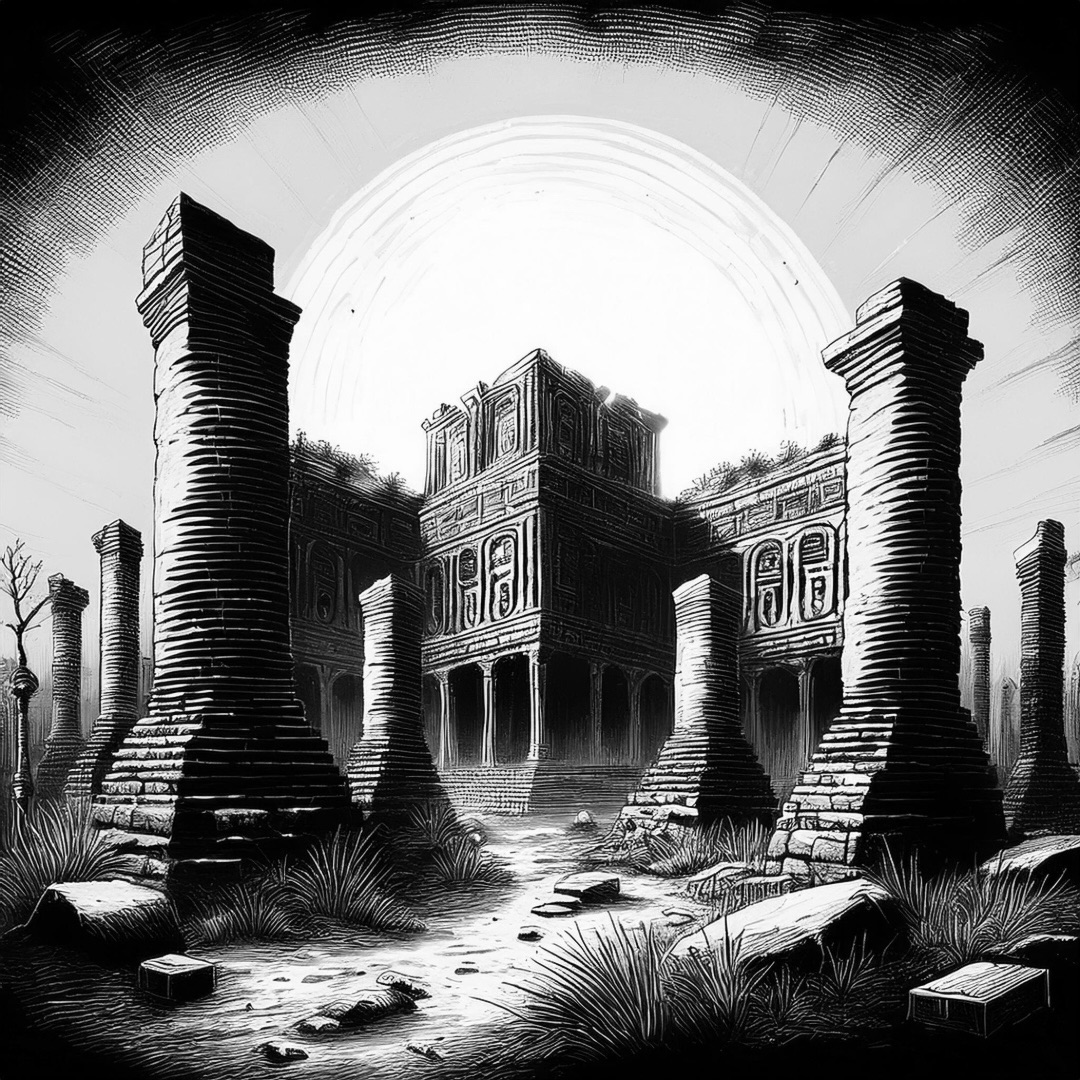WETUMPKA, Ala. — Wind Creek Casino in Wetumpka, Alabama, is facing renewed scrutiny, as a legal battle unfolds over its location on a site deeply significant to the Muscogee (Creek) Nation. The 500,000-square-foot casino, operated by the Poarch Band of Creek Indians, stands on what was once Hickory Ground, a historic Muscogee burial site and the tribe’s final capital before their forced removal during the 1830s Trail of Tears.
The Muscogee Nation, headquartered in Oklahoma, claims the Poarch Band violated federal laws protecting Native American graves and sacred sites. According to the Muscogee, 57 sets of remains were unearthed, along with thousands of artifacts, during the construction of the casino. Since 2012, the Muscogee have sought legal recourse to have the land restored to its original state, free from commercial development.
At the heart of the lawsuit is the Native American Graves Protection and Repatriation Act (NAGPRA), a federal law designed to prevent the desecration of Native burial sites. The Muscogee argue that the excavation of Hickory Ground violated NAGPRA, and they are calling for the casino to be torn down.
The tribe has consistently argued that the land, which holds immense cultural and spiritual importance, should never have been disturbed.
The Poarch Band, however, argues that they followed proper legal procedures in the development of the site. They contend that the land was protected under a 20-year agreement that expired before the casino was built in 2013. Further, they insist that the land was rightfully transferred into their control by the federal government, which recognized the Poarch Band as a sovereign entity in 1984, allowing them to manage the property as they see fit.
The 11th Circuit Court of Appeals recently heard arguments from both sides, but no decision has yet been made. Legal experts suggest the court’s ruling, which could come within months, will set an important precedent not only for this case but for future battles over Native burial grounds and commercial development.
The lawsuit, which also targets the U.S. Department of the Interior for its role in approving the land transfer, reflects a larger and growing tension between development and the protection of Indigenous cultural sites across the United States. While it is unlikely that the court will order the complete demolition of the casino, the Muscogee hope that their long struggle for justice will lead to significant changes.
As the court weighs the case, the Muscogee Creek Nation continues to fight for the protection of what they see as sacred ground, while the Poarch Band defends their right to develop their own property. For now, the future of the casino—and the land beneath it—remains uncertain.
The legal proceedings are being closely watched by Native American rights advocates, many of whom view this case as emblematic of broader issues regarding the treatment of Indigenous lands in the U.S. The upcoming decision could have significant implications for future disputes over Native burial sites and the balance between economic development and cultural preservation.

